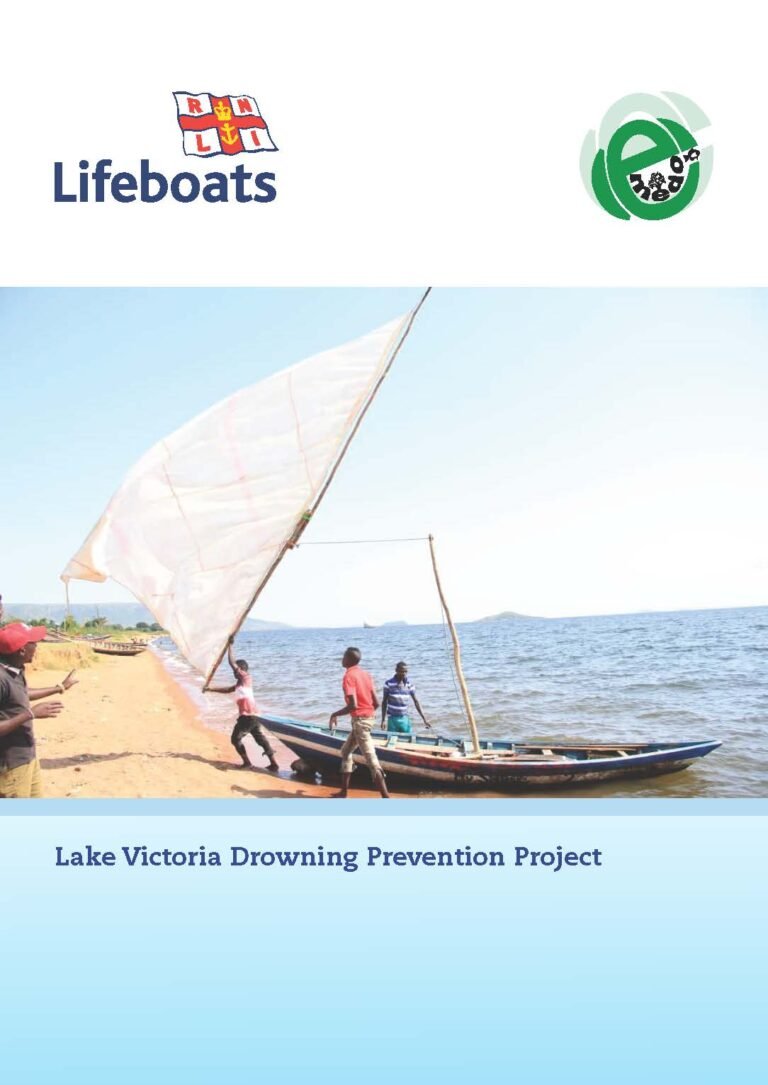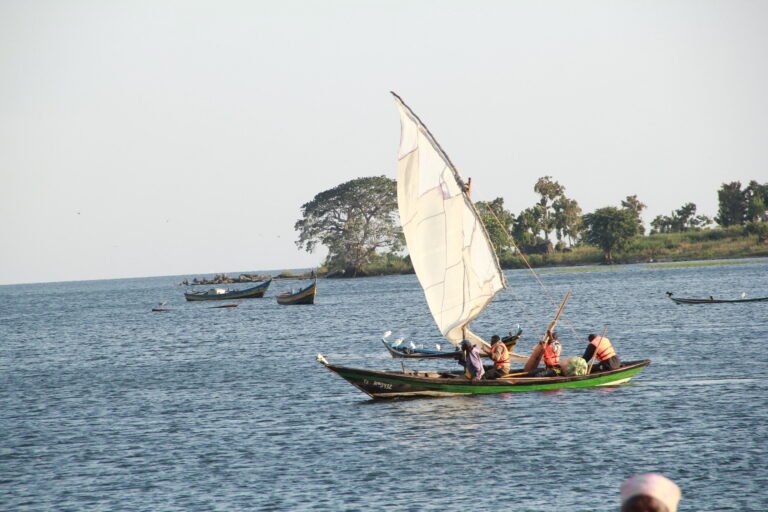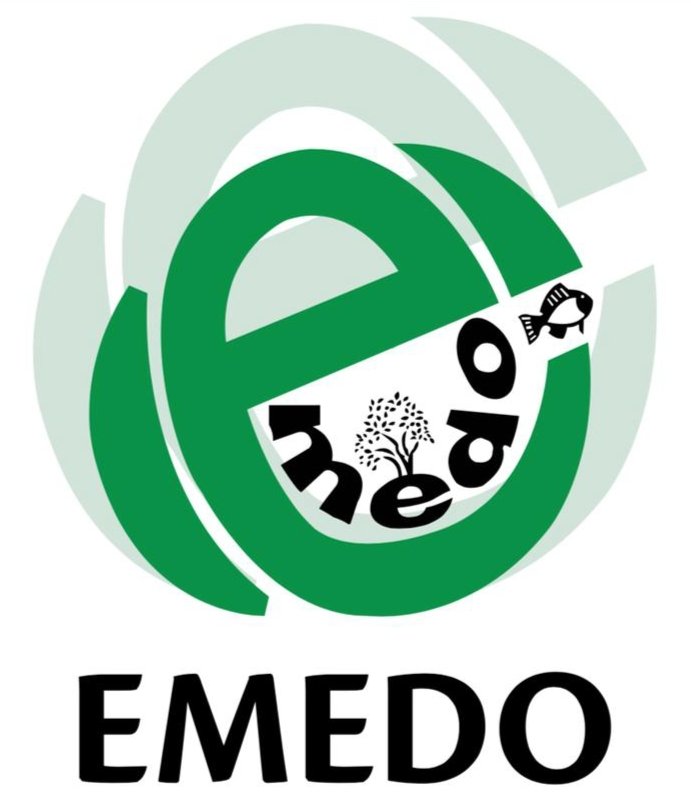Address
P.O.BOX 2964,
Block A, Sweya
Mwanza, Tanzania
info@emedo.or.tz
Work Hours
Monday to Friday: 8AM - 5PM

Drowning is a major cause of global mortality, accounting for the loss of an estimated 235,000 lives every year. The WHO estimates that drowning mortality rates in sub-Saharan Africa are among the highest in the world. However, reliable data on the drowning burden across the region is almost entirely absent.
Lake Victoria provides livelihoods for 109,000 fishers in Tanzania, who are at high risk of drowning during their day-to-day work. RNLI-funded research (2019)1 showed that 84% of adult drowning deaths in eight communities around the lake took place while fishing from a boat. A follow-up socioeconomic study (2021; conducted by EMEDO/IPSOS Tanzania Ltd and funded by RNLI) of drowning risk and links to fishing industry practices on and off the water demonstrated that there are several ongoing risks to fishing communities. Risks include a lack of awareness of water safety, poor access to affordable and effective personal flotation devices, limited seaworthiness of fishing vessels, inability to swim, poor access to and use of appropriate weather information, inadequate navigational skills and equipment, and a lack of emergency response options.
In 2022 the RNLI and EMEDO launched the Lake Victoria Drowning Prevention Project to explore drowning risks further and take action to reduce drowning deaths in the area. The project will work with 7 Tanzanian communities around Lake Victoria to co-design, develop and pilot drowning prevention interventions.

1 Whitworth, H.S., Pando, J., Hansen, C., Howard, N., Moshi, A., Rocky, O., Mahanga, H., Jabbar, M., Ayieko, P., Kapiga, S., Grosskurth, H., & Watson-Jones, D., 2019. Drowning among fishing communities on the Tanzanian shore of Lake Victoria: a mixed-methods study to examine incidence, risk factors and socioeconomic impact, BMJ Open, doi: 10.1136/bmjopen-2019-032428
Our aim is to showcase what works to protect small-scale fishers from drowning, to support the Tanzanian government with locally relevant information to inform their decisions about next steps, and to promote the Tanzanian experience within a global influencing agenda as a showcase of how to address drowning risks in small-scale fisheries.
We work in two communities in Muleba (the isolated island of Goziba and the island communities of Mulumo), three communities in Mwanza (Sweya on the mainland, and Buzegwe and Musozi on Ukerewe Island), as well as two mainland communities in Mara Region (Busekera and Kome). This combination of island and mainland communities can teach us much about the different kinds of fishing, trading and other drowning hazards that the communities encounter.
The key activities of the project are:
EMEDO is a Tanzanian not-for-profit organization that focuses on enhancing capacities of communities to get organized, having their voices heard, rights recognized and respected and to influence local, national and international policies that affect their rights of access, use and control of natural resources for improved livelihoods. The goal is to ensure that natural resources contribute to the national economic growth, poverty reduction and improvement of peoples’ livelihoods on a sustainable basis through democratic, open and transparent governance for community development.
Founded in 1824, the RNLI is a charity that has been dedicated to saving lives in and around the water in the UK and Ireland for almost 200 years. We are proud to share our lifesaving knowledge and expertise to help make a difference around the world. We aim to be a catalyst for drowning prevention, working with partners globally and in countries where drowning is a significant problem.
